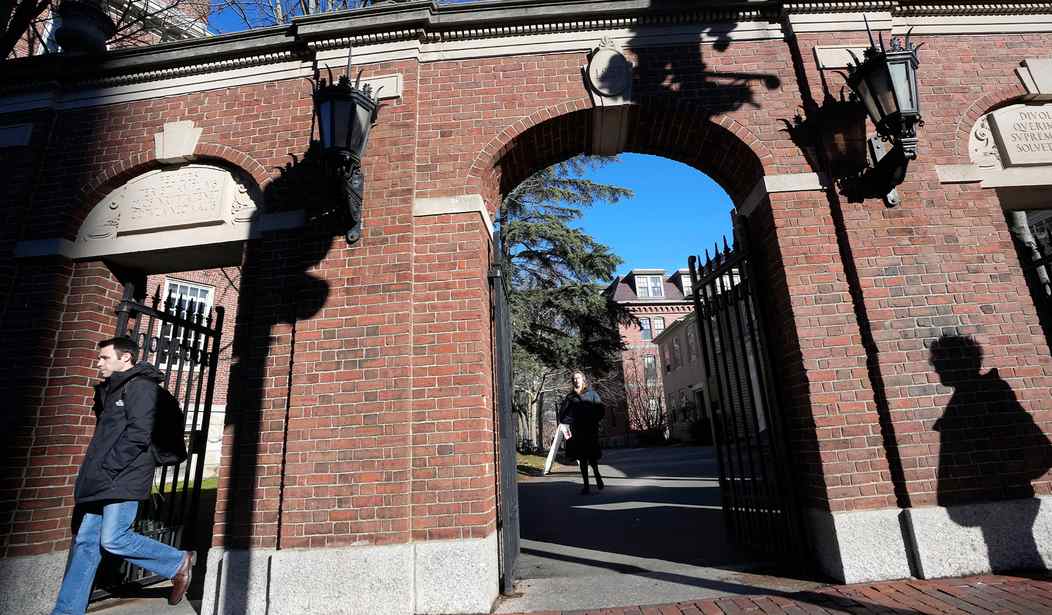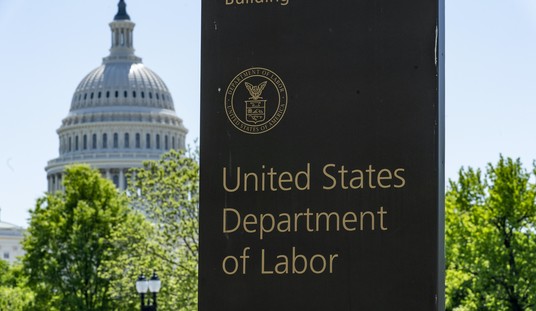By S. T. Karnick
President Donald Trump has pushed colleges and universities across the country into severe consternation and distress with his threats to cut their federal funding and revoke their tax-exempt status. The president cites extensive civil rights violations, such as failures to protect students, staff, and visitors from antisemitic disruptions and their refusal to obey federal laws and Supreme Court rulings against discrimination.
College administrators such as Harvard University President Alan Garber say Trump has no legal right to interfere with their operations and that doing so will destroy academic freedom. In fact, however, the acceptance of taxpayer money gives the federal government power over every single activity in which a college or university engages, under laws that have been in place for decades. Government funding is thus the real threat to academic freedom.
Before Trump, no president dared to challenge these institutions. Government money in the form of student scholarships, student loan guarantees, and direct grants and contracts, in addition to extremely valuable tax-exempt status for donations, has insulated administrators from market discipline by students and parents and allowed colleges to indulge the demands of radical activists with impunity. Federal government spending on higher education rose from $0.193 billion in 1960 to $42 billion in 2023, according to the St. Louis Fed. Total federal and state higher education funding rose from $1.69 billion to $250.7 billion during that time.
This money went to the colleges’ bottom lines, with the average published annual tuition and fee costs for private nonprofit four-year institutions rising from $24,840 in 1994 to $43,350 in 2024, in inflation-adjusted dollars. Notoriously, these price increases accompanied vast expansion in administrative staff and imposition of extensive diversity, equity, and inclusion (DEI) programs.
With so much taxpayer money flowing in, American college and university administrators transformed their institutions into virtual ideological monopolies while enjoying cover from the media and activist groups. They openly favored women and nonwhites in admissions and hiring and allowed leftist activists to shout down alternative viewpoints and even commit violence without consequences.
The Supreme Court’s 2023 decision against affirmative action ended racial preferences, knocking down the premise for all those DEI systems. Now, Trump is demanding that these institutions obey the nation’s laws in exchange for all that taxpayer money.
As Northwestern University constitutional law professor John O. McGinnis writes at Law & Liberty, “The structure of civil rights laws as applied to universities has long allowed the federal government to cut off funding to the entire university based on the wrongful actions of particular units or departments.”
Trump has set out to do so, unleashing chaos, uncertainty, and unrest throughout the nation’s colleges and universities. In response, the administrators of these institutions have sided with the activists against the interests of students and faculty. Scholars and researchers are suffering because of this conflict.
Harvard’s hope, and that of others in the same situation, is obviously that the courts will step in and block Trump’s actions. What Trump is doing, however, is neither unprecedented nor unconstitutional. Writing at Blaze Media, Joseph MacKinnon provides multiple examples of the Obama and Biden administrations’ threats and actions against colleges’ and universities’ federal funding and tax-exempt status, such as Obama’s requiring colleges to deny due process to people accused of sexual assault or harassment.
College and university administrators did not complain. They agreed with those policies and had already been implementing them. These actions, however, “paved the way for those issued in recent weeks by the Trump administration,” MacKinnon writes.
RELATED: Trump Drops the Hammer on Harvard With One Simple Policy Change
Instead of Fighting Antisemitism, Harvard Sues Trump Admin—and Some Jewish Students Are Appalled
The administrators now have little leverage, legal or otherwise. Declining birth rates since 2007 are about to push colleges off a fiscal cliff starting this fall, as the first fruits of a rapidly shrinking youth cohort reach college age. “[C]olleges and universities already collectively experienced a 15% decline in enrollment between 2010 and 2021, the most recent year for which figures are available, according to the National Center for Education Statistics,” NPR reports, and the decline is accelerating.
On top of that, smaller percentages of young people are choosing to go to college. “Among high school graduates, the proportion going straight to college has fallen, from a peak of 70% in 2016 to 62% in 2022, the most recent year for which the figure is available,” NPR reports.
That reflects rapidly growing public disenchantment with the nation’s colleges and universities. “[I]n 2023, a Gallup poll found that only 36% of Americans had a high level of confidence in higher education,” reports College Consensus. That is a serious decline from 48 percent in 2018 and 57 percent in 2015.
As the incoming age cohort shrinks and fewer people trust these institutions, smaller and less-prestigious colleges and universities are closing, an average of two per month at present.
America’s institutions of higher education have a long and luminous history of achievements. Unfortunately, government money has undermined administrators’ respect for their core missions, reduced the trust of students and the American people, and placed these institutions in bondage to politicians.
Someone or something is going to have to break the money-forged bond between academia and government. It would be best for the colleges and universities to embrace the process, make the best deals they can with Trump, and begin weaning themselves from government money—and control.
If they don’t, they will have only themselves to blame for the destruction of these valuable institutions and the casting adrift of thousands of decent, hardworking scientists and scholars.
S. T. Karnick (https://stkarnick.substack.com/) is a senior fellow at The Heartland Institute and author of the Life, Liberty, Property weekly e-newsletter.














Join the conversation as a VIP Member